How to Survive Homeschooling : A Self-Care Guide for Moms Who Lovingly Do Way Too Much

In this beautifully written narrative, Brooke Benoit shares with her readers the anguish, tears, fears, relief, triumph, and joy she experienced throughout her journey in homeschooling her children. Her sisterly and loving advice seem to spring straight from the bottom of her heart as she lays out her mistakes and struggles and realizations. Refreshingly raw […]
The Most Magnificent Thing
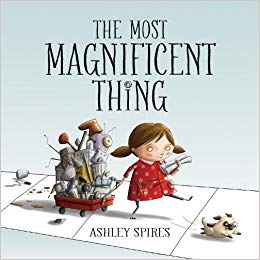
Ashley Spires takes the reader through the mind of a girl who loves to tinker and build things. As she works, readers witness her perseverance, frustration, and response to failure, but also a rebound. This book presents girls in engineering and shows that yes, girls can tinker and build too, and be good at it! […]
Your Child’s Strengths: Discover Them, Develop Them, Use Them
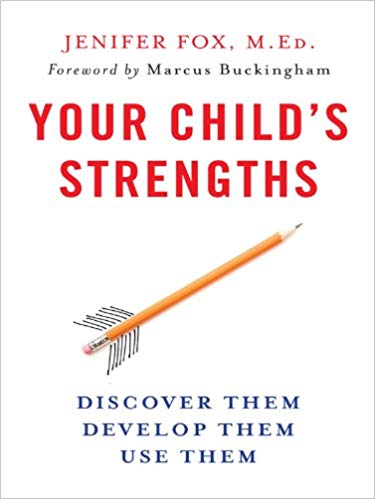
Jenifer Fox lays out three areas in which you can learn how to discover your child’s strengths; Activity Strength, Relationship Strengths, and Learning Strengths. She started the Strength Movement in which education are tailored to be strength-based rather than ‘fixing’ children to improve test scores, etc. There is workbook-type guide at the end for readers […]
Mathematical Mindsets: Unleashing Students’ Potential Through Creative Math, Inspiring Messages and Innovative Teaching
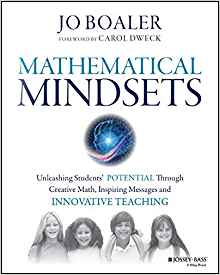
“It turns out that even believing you are smart—one of the fixed mindset messages—is damaging, as students with this fixed mindset are less willing to try more challenging work or subjects because they are afraid of slipping up and no longer being seen as smart.”
Subjects: Homeschooling, Learning Disability, Math, math anxiety, Pedagogy
Teaching Minds : How Cognitive Science Can Save Our Schools
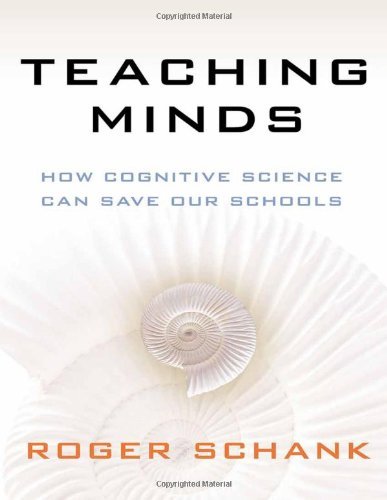
Schank is definitely a divergent thinker and this comes out in his innovative thoughts on the conventional system of education and his proposals for solutions. Instead of acquiring factual knowledge, he focuses on thinking. He proposes a high school program in which the students get a mentor in different areas and learn the ‘subjects’ in […]
Rethinking School: How To Take Charge of Your Child’s Education
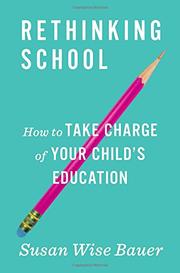
Western modernity has many upsides, but it also has a downside: it channels all students into the same developmental path. That’s not how people actually are. Some of us should not be railroaded into college. We should take alternative paths: toward being stonemasons, shepherds, brewers, artists, costume designers, diesel mechanics, landscapers, weavers, electricians, plumbers. All of these are professions that demand a high level of skill and a great deal of training. They can also pay very well. But the exit lanes that lead from our usual high-school-into-four-year-college interstate toward those alternative destinations are poorly marked, and (too often) littered with road blocks: chief among them, parental disappointment, and social stigma (vo tech as the “stupid” track).
How We Learn
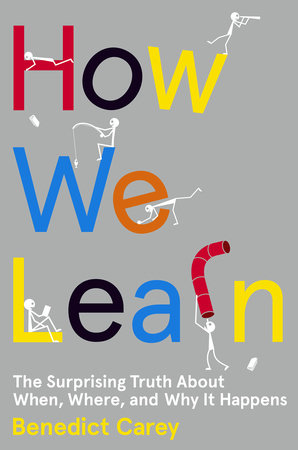
The harder we have to work to retrieve a memory, the greater the subsequent spike in retrieval and storage strength (learning). The Bjorks call this principle desirable difficulty, and its importance will become apparent in the coming pages.
Subjects: Cognitive Science, Learning, Neuroscience
A Faraway Island

Imagine yourself a child, and you are sent away to another country on your own, or with your younger sibling, who can get on your nerves sometimes, while your parents remain behind in the country where you were born and raised. You are told that it would only be 6 months before you are reunited […]
The Well-Trained Mind: A Guide to Classical Education at Home
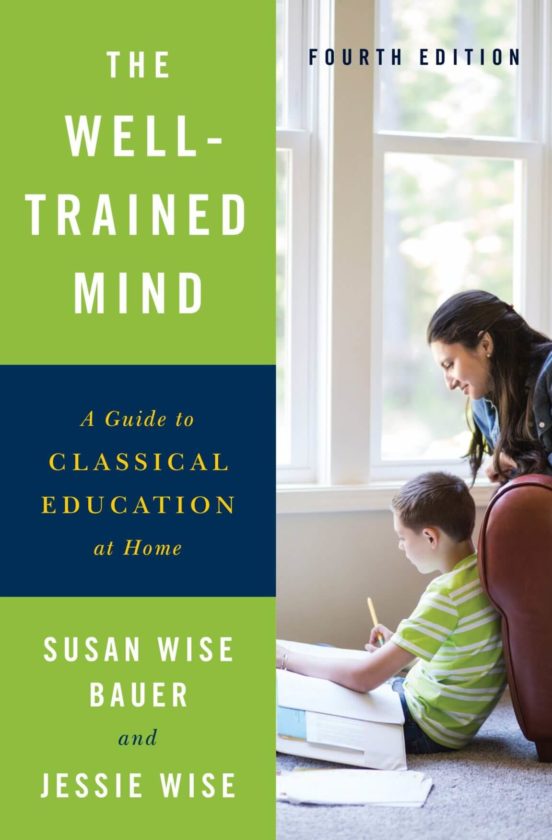
Classical education is, above all, systematic – in direct contrast to the scattered, unorganized nature of so much secondary education. Rigorous, systematic study has two purposes. Rigorous study develops virtue in the student: the ability to act in accordance to what one knows to be right. Virtuous men or women can force themselves to do what they know is right, even when it runs against their inclinations. Classical education continually asks a student to focus now on what is immediately pleasurable (another half hour of TV or computer game, for example) but on the steps needed to reach a future goal-mastery of vital academic skills.
When: The Scientific Secrets of Perfect Timing
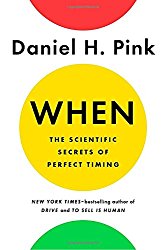
Taken together, all of these studies suggest that the path to a life of meaning and significance isn’t to “live in the present” as so many spiritual gurus have advised. It is to integrate our perspectives on time into a coherent whole, one that helps us comprehend who we are and why we’re here.